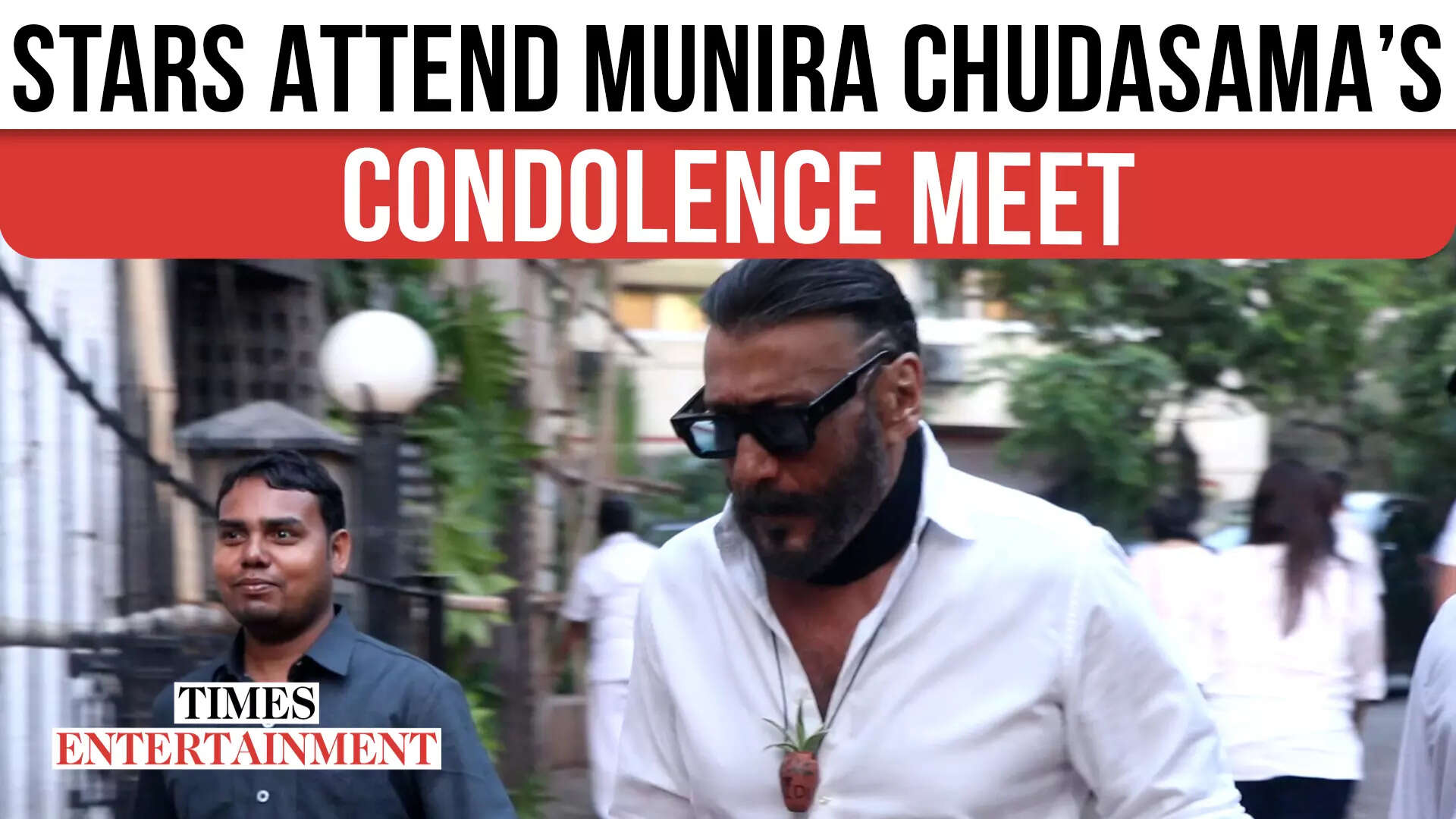What if you have money, and you still can’t bring yourself to spend it? This is a financial problem that never gets a lot of limelight. Most financial content focuses on helping people spend less, so they can get out of debt, save more, and build wealth. Afraid of your money flying away? Reframing how you think of it can help.
Credit: Simon Letch However, what about people who are already good at saving, but terrible at spending? Well, those people we hold up as role models. After all, can there be such a thing as saving too much, or spending too little if the goal is to accumulate as much wealth as fast as possible? Yet, behind closed doors, many of those people battle spending anxiety. The very skill that helped them accumulate wealth, now feels like a pair of mental and emotional handcuffs.

Having spent years optimising expenses, reducing costs, living frugally, maximising every dollar, they’ve trained the muscle of saving – but not spending. How do you start to unravel this? It starts by reshaping how you think about spending. Here are a few shifts that can start to move you towards a healthier relationship with spending money.
That’s a waste of money Often, we’re told not to waste money. But I don’t love that phrase. I dislike the guilt, shame and regret that comes after wasting money.
It also exacerbates spending anxiety – heightened buyer’s remorse, increased analysis paralysis in an attempt to maximise every dollar etc. I started to get curious about what it meant to “waste money”. That word is synonymous with garbage – something worthless, discarded, trash.
But was it really? I thought about how there was a receiver on the end of my spending – a business owner, an employee – who had a pay cheque because of the money I had spent. Plus, even if I didn’t utilise the purchase, I did, in fact, get something in exchange for my money, or I learned something that would help me spend better in the future. Could I really call that a waste? I realised it was more accurate to think – “I don’t value this purchase as much as the money I have spent on it.
” That’s it. If I spent $20 on a meal that wasn’t great, it wasn’t a waste – it simply wasn’t aligned to what I value spending money on. You’ve already mastered the financial skills to save and build wealth.
Now, you just have to learn the emotional skills to enjoy it. Slowly, instead of being trapped in a cycle of fear-of-spending and then regret-about-spending, I started to see spending as a learning opportunity. Every time I felt regret, there was an opportunity to ask – where did this purchase not align with what I value spending money on? What learnings can I take from this into my future spending decisions? With time, this will reduce your spending anxiety, and improve the quality of your spending decisions.
I can’t afford that This phrase was once so habitual in my thinking that I noticed myself thinking it – even when it wasn’t true. Many times, I could actually afford it. The money was there in my bank account.
Take a moment to notice – can you not afford a $50 shirt, or $100 on Uber, or $1000 on a fitness program? Do you not have the money? Is it a statement of fact? Or a statement of feeling. Chances are, it’s not that you cannot afford it. You have the money.
What’s closer to the truth is – it feels like a lot of money to spend. It feels outside your comfort zone – maybe you’re not used to spending that much on something like this. It feels risky, scary, uncomfortable.
It might be more accurate to say: “I feel uncomfortable spending money on this.” This opens up an opportunity to get curious. You can now ask yourself – why do I feel uncomfortable about spending money on this? Is it because you have certain beliefs about what you can or can’t, or should or shouldn’t spend money on? For example, does it feel okay to spend $10,000 on a vacation, but spending the same amount on therapy feels uncomfortable? Do you have beliefs about what “someone like me” can afford? With this perspective, instead of living in a perpetual state of “I can’t afford′′, you start noticing all the things you can afford.
Also, instead of being stuck in a knee-jerk response, you build a better understanding of your spending beliefs which improves the quality of your spending decisions. It took years of repetition to solidify the beliefs that form your current relationship with spending money. It will take time to identify, unlearn and then re-learn new ones.
The good news is – you’ve already mastered the financial skills to save and build wealth. Now, you just have to learn the emotional skills to enjoy it. Paridhi Jain is the founder of SkilledSmart, which helps adults learn to manage, save and invest money through financial education courses and classes.
Expert tips on how to save, invest and make the most of your money delivered to your inbox every Sunday. Sign up for our Real Money newsletter ..
Top

The huge money problem that no one’s talking about

Most financial content focuses on helping people spend less. But what about people who are already good at saving, but terrible at spending?











